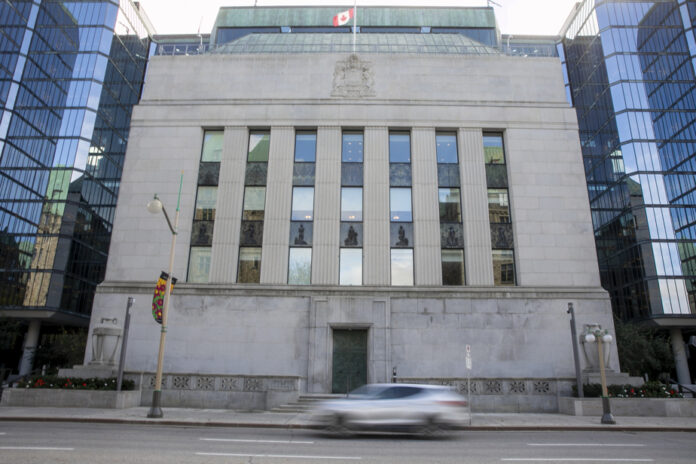You are right to worry about the impact of climate change, but the answer to your question is no. Around the world, central banks are trying to fight inflation by raising interest rates. The means of intervention of central banks are limited. The powers of the Bank of Canada, like those of all central banks around the world, boil down to maintaining the value of the dollar, which requires a stable and predictable inflation rate. Their main tool is the policy rate.
Interest rates influence the cost of credit and therefore consumer demand for goods and services.
When prices rise, as is currently the case, an increase in the key rate acts as a brake on demand and restores the balance between supply and demand, which eventually has a moderating effect on prices. .
The price of food depends a lot on weather conditions and climatic events such as droughts and floods. Diseases that attack crops or herds can also drive up food prices, and monetary policy cannot do anything about that. Food is also an essential need, which must be met even when prices are soaring and which does not react as directly to interest rate increases as other goods and services, he explains.
Food represents 15% of the Consumer Price Index basket. This explains why even though the price of food is currently rising sharply, the increase in the prices of the other components of the CPI is slowing down. Rising interest rates succeeded in calming headline inflation, but food prices were rising faster than the CPI.
Global warming could reduce agricultural production and affect productivity. Research is underway to assess its impact.
From the perspective of central banks, the fight against climate change also entails risks for the economy. If the energy transition and decarbonization happen too quickly, the economy will suffer a shock, which would threaten the stability of the financial system. There are risks to be assessed on both sides.
If climate change causes food prices to rise, monetary policy will not be able to do much. It is rather on the side of the fight against climate change that there is work to be done, which is a matter of politics rather than monetary policy.















